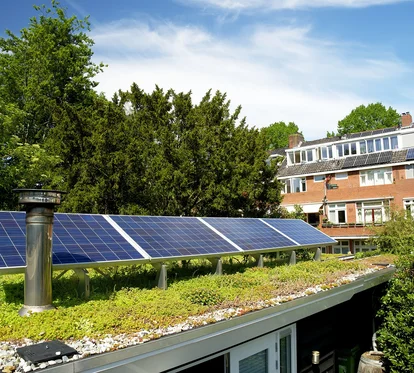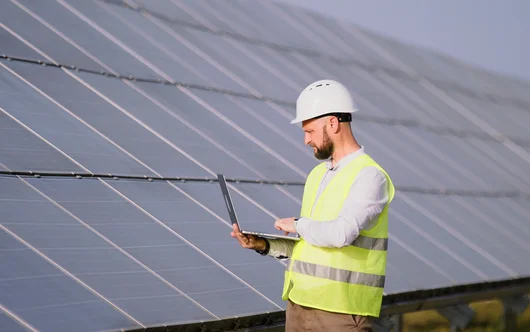‘The initiative must come from the business community’
According to Jesse Stammers, business development manager at engineering company Antea Group, the challenges of local grids are not so much in the technical field, but more in the field of organization. “These kinds of tasks are so big, you can’t do it alone. You are in a complex field with all kinds of stakeholders and then you have to organize it together.”
Van Geffen recognizes this: “We spoke with a number of potential buyers of the idea, such as Stedin, the municipality of Rotterdam and transport company RET. But then you see, for example, that the rail world is completely different from the power supply infrastructure. In addition to finding technical solutions with which you try to connect those systems, you are also linking legislation in a political environment. This is a huge challenge, but together our companies have the technical and organizational knowledge needed for such large infrastructure projects.”
The knowledge of Centric, Strukton and Antea Group in the field of “smart cities” complement each other well, Blom also believes. “When it comes to connecting the power grids, Strukton knows all about it. And when it comes to what it really looks like in the outside world, the experience of the engineering firm Antea Group is very valuable. Centric, on the other hand, has a lot of experience with regulations in the field of the living environment and supporting software for governments. Municipalities and energy companies are not equipped for this, the initiative for setting up local grids must come from the business community.”
The certainty that generated electricity is actually purchased
Despite all these organizational challenges, the most important element for this plan is already there, according to Blom: the will to become more sustainable. “You can already see it with citizens, with the large number of solar panels that are being installed. But then it cannot be the case that you are punished because your generated power cannot be delivered to the grid. That is why we want to introduce local grids, so that all participants gain certainty through mutual agreements.”
Moreover, local grids provide ownership, continues Blom. “Look at the construction of windmills. Initially, no one wants such a thing in their backyard. But when you receive the power from a windmill in your area directly, people will accept it much faster. The same applies to local grids in cities. You think: this is my grid, and I’m also reaping the benefits myself.”




